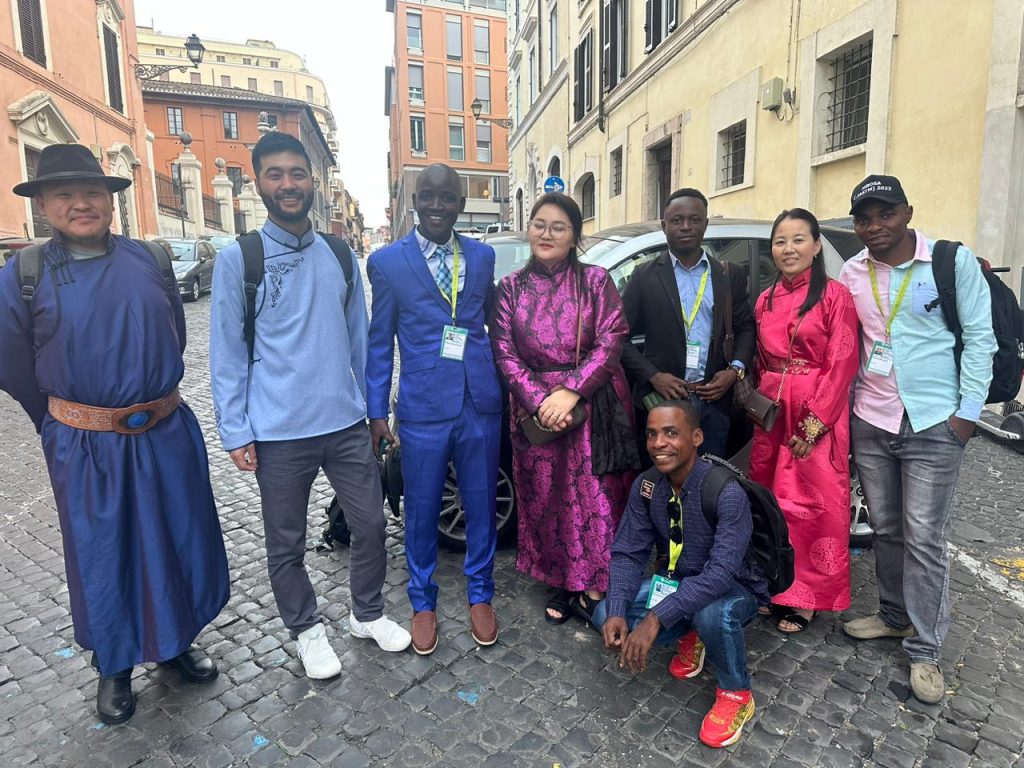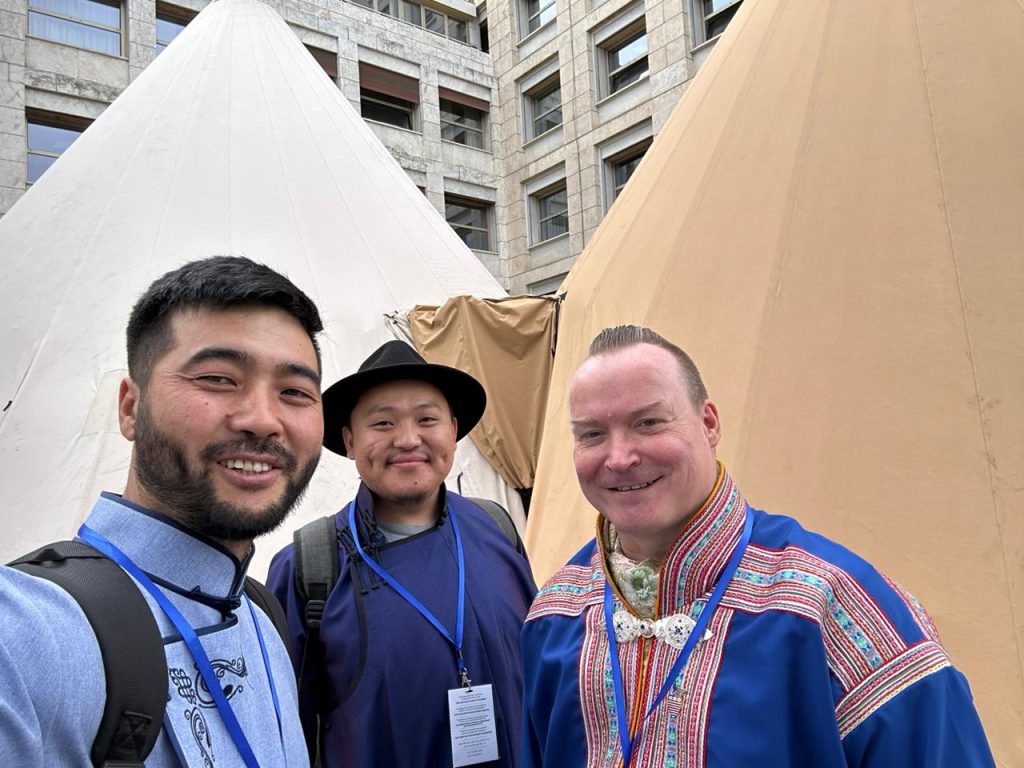The FAO World Food Forum 2023 is happening at FAO headquarters in Rome this week, spanning from the 16th to the 20th of October. The event consists of three distinct sub-forums, each of which aims to transform the way people think of agribusiness and agrifood systems. Building off the momentum of World Food Day 2023, which brought attention to the importance of water and its scarcity in many parts of the world, FAO is using this event to highlight the challenges that impact other food resources. The forums discuss ways that people and organisations can work to ensure international food security, emphasising the importance of intergenerational collaboration in the realms of science, technology and agricultural investment.

Indigenous and nomadic pastoralist peoples are particularly impacted by a lack of food security and sovereignty. To address this, members from many of these groups are participating in the 2nd Session of the Biennial UN Global Indigenous Youth Forum, including Jidgen Bayarsaikhan from Mongolia and Anders Oskal from Norway, both of whom are WAMIP representatives. Oskal and other members of the Sámi people are contributing their knowledge and the Boaššu FoodLab to the WFF. The FoodLab, which is to host the Youth Forum, was declared an Indigenous Peoples’ territory on the premises of FAO in 2022.

This space grants indigenous youth, chefs and other experts and representatives a platform to discuss indigenous and nomadic food systems and sovereignty. In that vein, the gathered groups explore topics related to vernacular food management practices, land conservation and management, climate change, biodiversity action and policies that could impact food security in indigenous and nomadic groups. WAMIP is hopeful that their discussions at the Youth Forum will help inspire action on behalf of these groups, furthering the preservation of their vernacular skills and lifestyles. We will continue to support our representatives and the WFF in their mission to promote food security and sovereignty globally, particularly where it intersects with pastoralist lifestyles.
